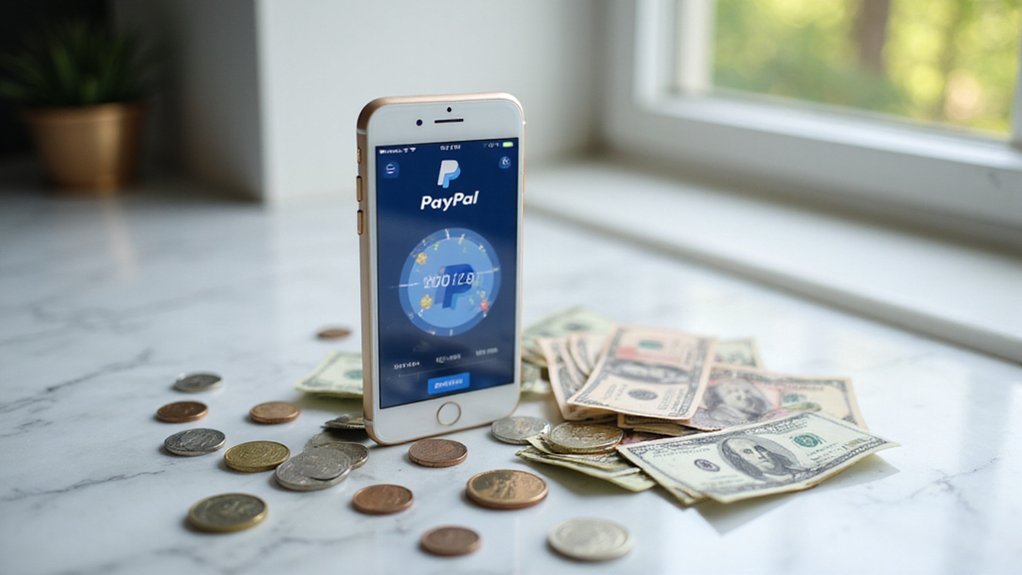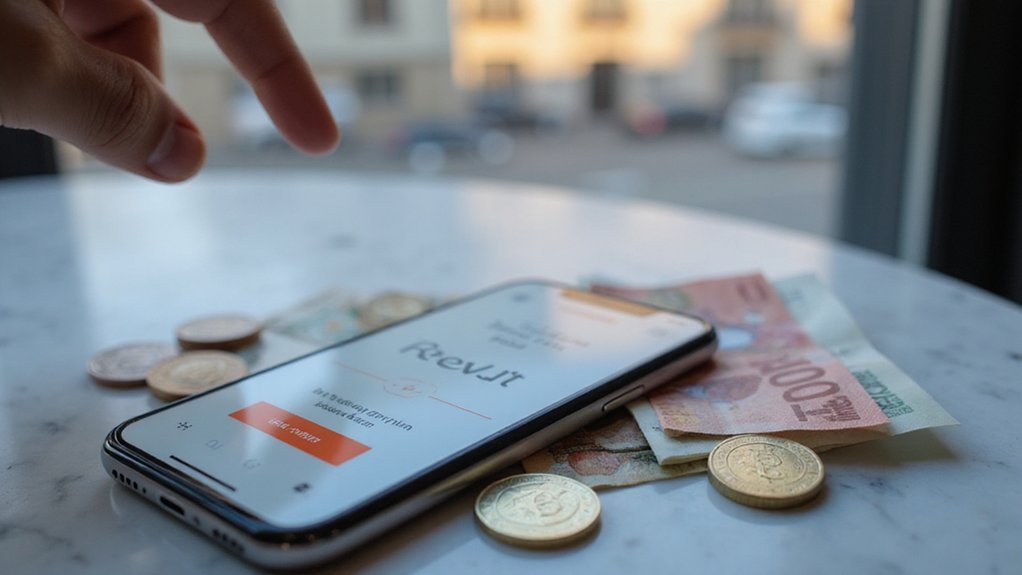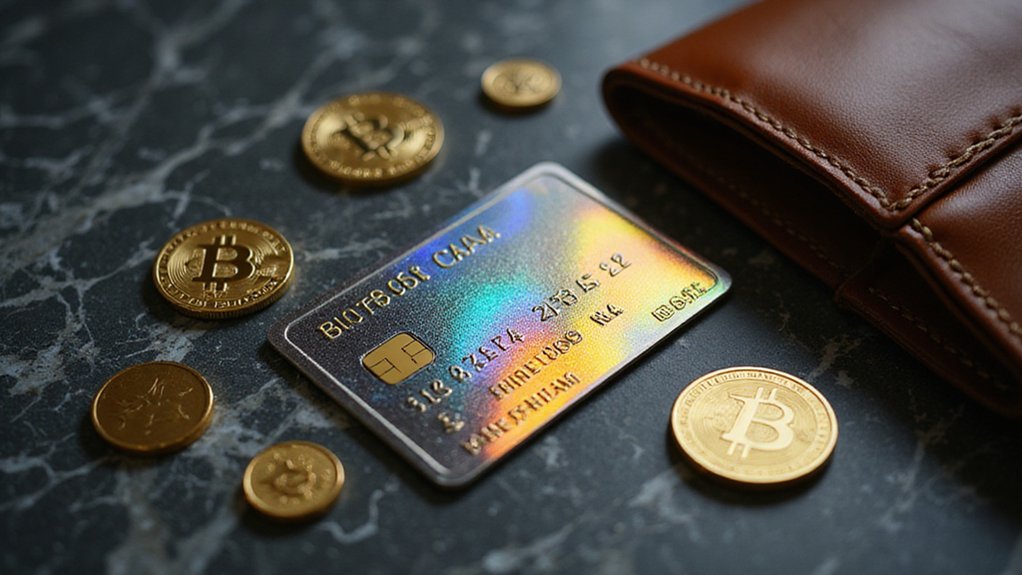While traditional banking institutions continue to grapple with the antiquated notion that moving money should involve multiple business days and inexplicable fees, PayPal’s peer-to-peer payment service has quietly evolved into something far more sophisticated than its humble origins as a digital IOU system between friends.
The platform’s P2P functionality now accounts for approximately 30% of new user acquisition—a demonstration of the compelling simplicity of sending money via phone number or chat handle rather than maneuvering through the labyrinthine routing numbers that banks inexplicably still cherish. This acquisition strategy proves particularly shrewd when considering that over $10 billion received through P2P transfers subsequently flows into merchant transactions, effectively transforming casual users into active participants within PayPal’s broader ecosystem.
PayPal’s integration of cryptocurrency capabilities represents perhaps the most intriguing development in this space. Users can now send Bitcoin, Ethereum, and PayPal’s proprietary stablecoin PYUSD directly through P2P transfers, with the platform facilitating real-time conversions at merchant checkouts. The adoption rate has been described as “explosive”—though one might wonder if this enthusiasm stems from genuine utility or the peculiar human fascination with digital assets that exist primarily as ledger entries. This trend aligns with the broader stablecoin market capitalization surpassing stablecoin market growth that has outpaced Bitcoin in recent developments.
PayPal’s cryptocurrency integration transforms digital curiosities into actual payment instruments—assuming users distinguish between genuine utility and speculative fascination.
Cross-border functionality through PayPal World addresses the persistent inefficiencies plaguing international money transfers. By incorporating stablecoins as payment instruments, the service circumvents traditional correspondent banking networks that have historically treated speed and cost-effectiveness as mutually exclusive concepts. This positions PayPal competitively against established players like Alipay+ in the increasingly lucrative cross-border payments market. The company’s expansion plans include enabling international P2P payments to bank accounts and crypto wallets, further bridging geographical payment barriers.
The service’s monetization strategy reveals sophisticated financial engineering: P2P transfers serve as acquisition tools while funneling users toward higher-margin merchant transactions. Venmo continues driving total payment volume growth within this portfolio, though the platform must manage evolving tax reporting requirements that subject “Goods and Services” transactions exceeding $2,500 annually to IRS reporting. The underlying transformation is supported by PayPal’s reported 5% YoY increase in net revenue to $8.3 billion, demonstrating the financial viability of these strategic initiatives.
This evolution transforms P2P payments from simple money transfers into all-encompassing financial infrastructure, bridging traditional fiat currencies with blockchain-based alternatives under unified wallet architecture—assuming users can maneuver through the resulting complexity without requiring advanced degrees in financial engineering.








